To Power Pose or Not to Pose? That is A Question - pt. 1
/If you follow trending social science research, or keep tabs on neuro-scientific public speaking advice, then you are probably aware of the power pose tempest now brewing. The research underlying Harvard social psychologist Amy Cuddy's,, "Your Body Language Shapes Who You Are", perched in the firmament of internet folklore as one of the most watched TED Talks, is now being called into question, by one of her original co-authors.
I do not have the chops to delve into the matters of sample size, p-hacking and other recondite, but essential mechanics of social science research. And so, I will have to watch with interest the back and forth of the data savants and researchers, when it comes to determining if hormone levels actually change during power posing, as Cuddy claims, thus improving performance in the face of stress, or if it is otherwise.
I have to confess, I found Amy Cuddy's TED Talk and her book Presence, quite encouraging, because it was lending scientific credence to the kind of coaching that I offer my clients and students. As an actor, I always have the nagging doubt that the studio wisdom of performers, upon which my coaching depends, is regarded as hokum, in the data driven, "hard skills / soft skills" lingo that pervades conversations around public speaking and leadership skills. Amy Cuddy's work seemed to give the imprimatur of measurement to a physical practice. Also, it opened up the discussion about what a worthwhile skill is and how we might link the nouns that we wish to manifest in our characters - authenticity, boldness, credibility - with a set of verbs that we could do right this minute. The simple act of power posing offers, if it can be confirmed, a "hard" bridge to the realm of "soft skill" accomplishment.
Someone else working in this vein, not as a researcher, but from the vantage of an entrepreneur and marketer, is Seth Godin, a popular figure on the leadership / motivation / self-improvement landscape. Take his eloquent argument about the need to get away from the "hard-skill/soft skill" faulty dichotomy, (with which I vociferously concur). His list of skills that defy the duality seems exhaustive and imaginative. But the question remains, How do you do them? Consider one item from the skill-set he suggests, a skill which might often be considered a "soft-skill", or a even a character trait, but not a concretely teachable skill; It's sense of humor.
If it's a skill you should be able to do it, no? So, how do you do sense of humor? Answer: you can't; it's a noun.
A sense of humor may or may not be a teachable skill, but Seth Godin suggests it is. Simply listing it as a skill, however, doesn't transform it from an abstract "soft" idea into something concrete and do-able. Not until you name the actions and tactics that underlie a sense of humor does it become a skill to practice: balancing, "naming the elephant in the room", violating rituals, surprising...you can ask yourself and others if they observe those actions in your delivery and content. Leaving the actions un-named consigns the skill to the zone of soft and fuzzy concepts which cannot be measured, but which we know exist, and which we hope to manifest on certain occasions, but is ultimately for the Muses, or Fortune to bestow upon us.
This is not a matter of mere semantics. Naming the actions that underlie a skill is vital to knowing what we're up to. It would be like an actor getting on stage and not knowing why he or she is saying the lines. There would be a vague sense of something going on watching such an actor, but not a vigorous, purposeful, bold, specific sense of the action.
Which brings us back to the question of power posing - is it a worthwhile skill and practice? Because, if it is, it's a very specific, physical, hard-skill entry way to everything that has been relegated to the b-league mystic, celestial realm of soft skills.
My hunch, based on warming-up for hundreds of performances along with my fellow performers, as well as my own classes, is that it certainly couldn't hurt, IF AND ONLY IF, it helps bring you into a state of readiness and focus on your present situation. I could imagine that it's possible to use a power pose as a two-minute daydream-escape from an event, at the expiration of which, all one's nerves (and cortisol?) come flooding back into prominence.
Whether or not to power pose at all will remain a bone of contention for the foreseeable future, but that hasn't stopped some people from conjecturing about what you should do while you are power posing. That will be the subject of part 2.

